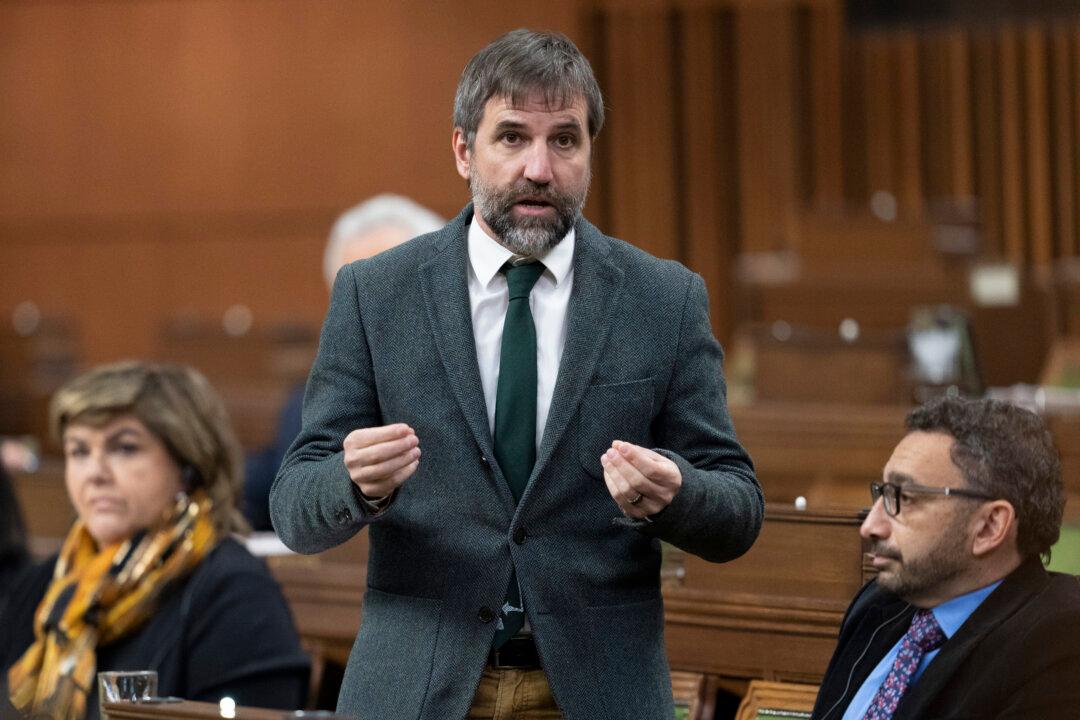Environment Minister Steven Guilbeault says the recent analysis issued by Parliamentary Budget Officer (PBO) Yves Giroux on the economic impact of the federal government’s incoming Clean Fuel Regulations (CFR) is “unbalanced” and “incomplete,” adding that he disputes some of the numbers Giroux outlines in his report.
“While we recognize the work of the PBO, their analysis takes the same unbalanced modeling approach as they did with the analysis of the price on pollution,” Guilbeault said in a statement on May 19.





